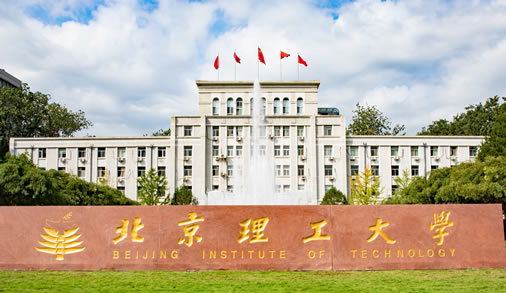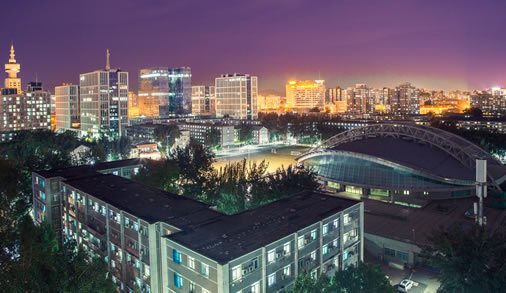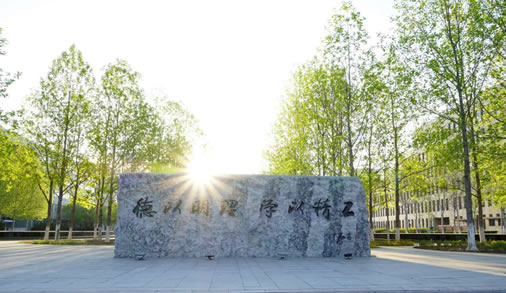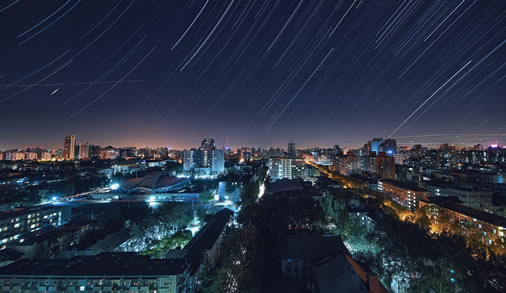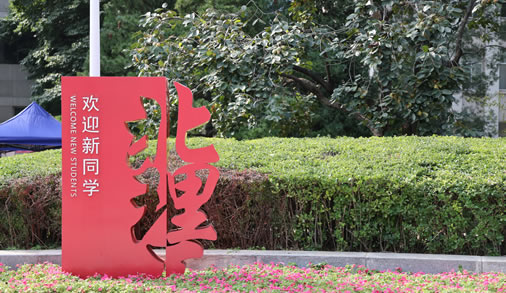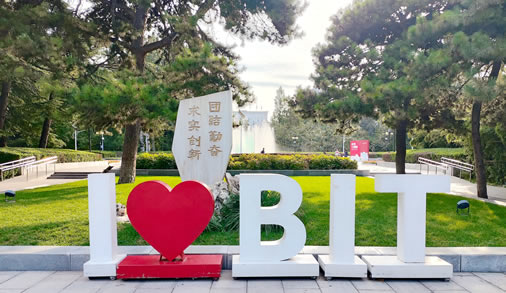

Updated: 2024-01-25
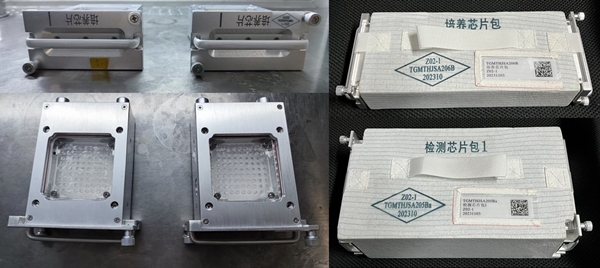
The Tianzhou-7 cargo spacecraft was launched from China's Wenchang Space Launch Center in Hainan province on Jan 17, and successfully docked with the Chinese space station.
Zhang Ying, the project leader from the School of Life Science at the Beijing Institute of Technology (BIT), has been conducting space microbiology research, with the payload research project having entered the Chinese space station Mengtian experimental module for the third time.
The payload research project includes four space microbial detection chips and two high-throughput space microbial culture chips. The in-orbit experiments were carried out with the assistance of Chinese astronauts on Jan 19.
The research project focuses on the rapid and precise detection technology of space microorganisms in orbit, as well as the metabolic corrosion mechanism of space microorganisms.
In this research project, Zhang collaborates with Professor Liu Weijie's team from Jiangsu Normal University to study the molecular mechanism of biofilm formation by space microorganisms.
The research results are expected to provide theoretical basis and technical support for microbial risk prevention and control in China's space station.
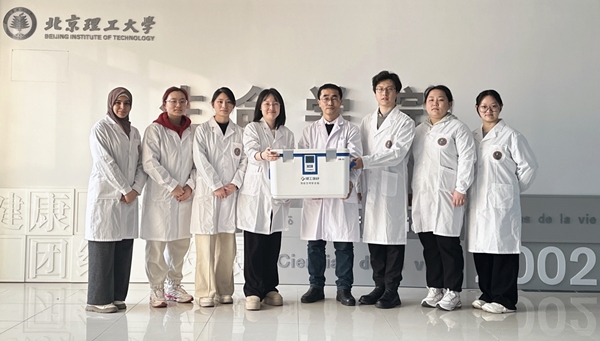
The first batch of experimental equipment for this project was launched with the Mengtian experimental module on Oct 31, 2022.
On May 10, 2023, the chip payload in-orbit experiments were conducted aboard the Tianzhou-6 cargo spacecraft, having achieved a complete success.
On Oct 31 of the same year, the culture chip payload returned to the ground laboratory on the Shenzhou-16 manned spacecraft, contributing to favorable interim research results and laying a solid foundation for the continuity of the experiments.
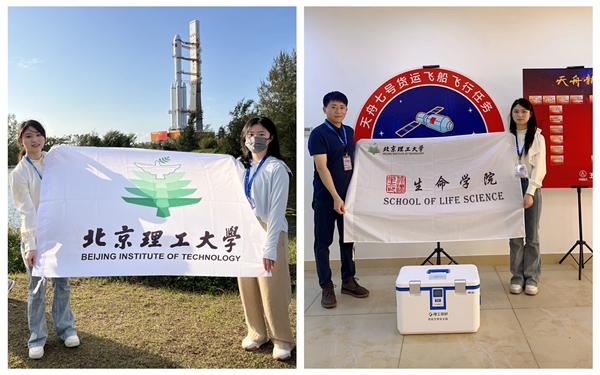
Zhang Ying's research group has long been engaged in the research of space microbiology, including the ecology and physiological metabolism of space microorganisms.
With the support of the Space Biology and Medical Engineering Team and multiple national natural fund and manned spaceflight projects, the group has focused on analyzing the characteristics of microbial community evolution in the total assembly test environment, launch site environment, and simulated experimental environment during the ground development of the Chinese space station.
This has provided a basis for the construction of ground prevention and control measures during the development of the space station, ensuring that the microbial environment inside the cabin meets medical index requirements prior to launch.
During the in-orbit flight of the space station, the group has comprehensively analyzed the diversity and succession patterns of microbial communities in the early orbit of the space station and proposed targeted microbial contamination prevention and control strategies.
Over the past five years, the group has published 14 academic papers in high-level journals in the field of space microbiology as the first or corresponding author and has been granted multiple national invention patents as the first inventor.


